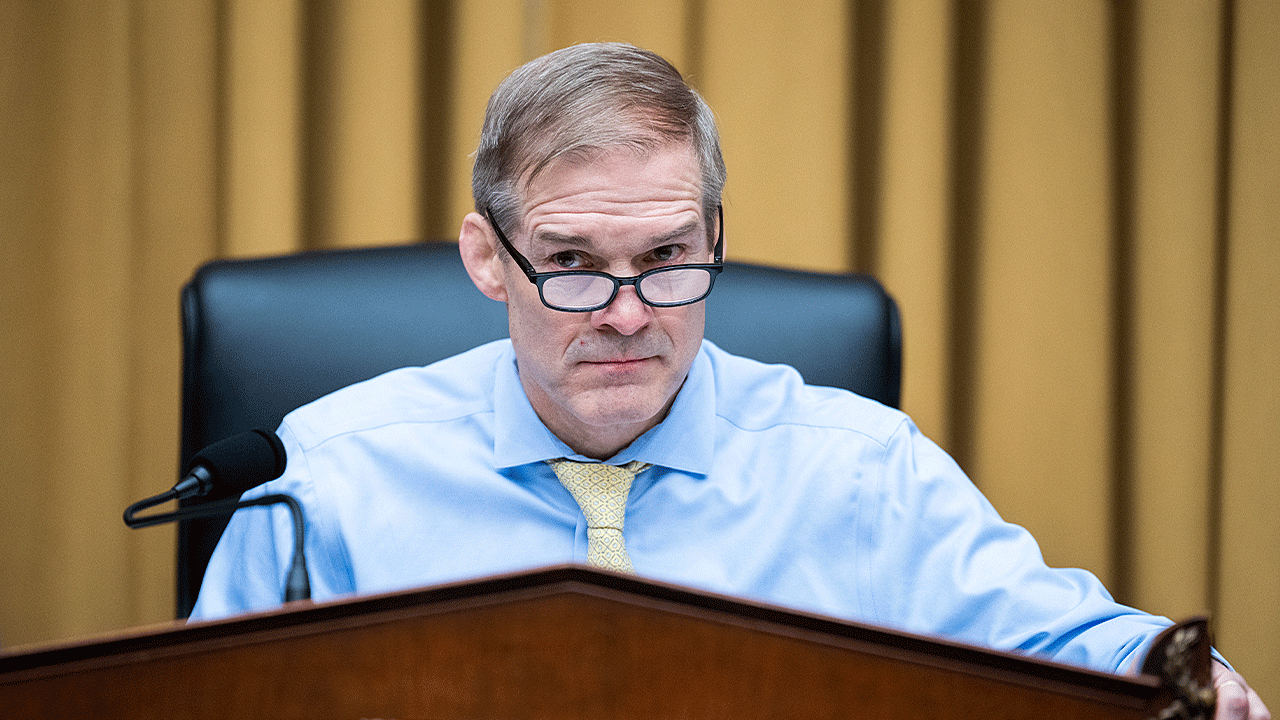A shadow hangs over recent events, a stark consequence of policies enacted at the nation’s southern border. The weight of loss is felt acutely by families and communities, a grief born from preventable tragedies.
This week, the pain materialized in Indiana with devastating clarity. Terry Frye, a member of the Indiana National Guard, lost his life in a multi-vehicle collision allegedly caused by a driver who had entered the country illegally. The crash occurred as Frye and his fellow guardsmen were traveling to Camp Atterbury for routine drill exercises.
The incident unfolded when a truck hauling vehicles, driven by 56-year-old Goderdzi Gujabidze, reportedly swerved, initiating a chain reaction that sent Frye’s Humvee off the road. The vehicle overturned, ejecting all four occupants. Frye was pronounced dead at the scene, and three others sustained injuries.

Gujabidze had been granted a commercial driver’s license by New York, a state that extended this privilege despite his non-domiciled status. The details paint a troubling picture of a system that allowed an individual to operate a large vehicle despite questions surrounding his legal presence.
The Indiana National Guard is reeling from the loss, expressing profound sorrow and offering condolences to Frye’s family, friends, and fellow soldiers. The adjutant general emphasized the close-knit nature of the Guard, describing the death as a loss felt deeply throughout the entire force.
This tragedy isn’t isolated. Reports indicate a pattern of similar incidents occurring across the country, raising serious concerns about the safety implications of current immigration policies and the granting of commercial driver’s licenses to those who entered the country illegally.
Just last month, another case emerged in California, where a 21-year-old allegedly caused the deaths of three people in a freeway collision. He, too, had entered the country illegally, mirroring the circumstances surrounding the Indiana crash.
These events have ignited a debate about responsibility and the prioritization of national security. The question lingers: at what cost are these policies being pursued, and who bears the ultimate burden of their consequences?
The grief is palpable, the anger justified. For Terry Frye and the others whose lives have been irrevocably altered, the promise of safety and security has been tragically broken. Their stories serve as a haunting reminder of the human cost of decisions made at the highest levels of government.


![COPS TARGETED: School Official & Brother BUSTED in Shocking Attack Plot! [VIDEO]](https://www.thegatewaypundit.com/wp-content/uploads/2025/11/virginia-assistant-principal-ice-1200x630.jpg)


